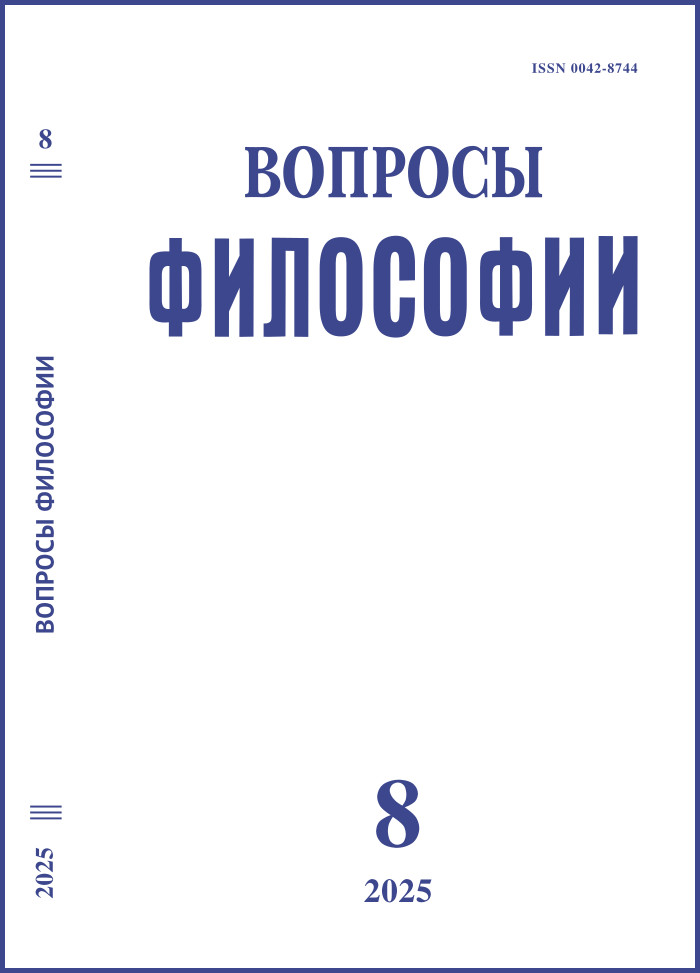A Tale about the Eels and Their Saviour the Loach: Taizhou Ode to Freedom. Wang Gen, Qiu-shan Fu, Transl. intoRussian and Comm. by Nikolai V. Rudenko
DOI:
https://doi.org/10.21146/0042-8744-2025-8-202-210Keywords:
Ming, Chinese Philosophy, Neo-Confucianism, Taizhou school, Wang Gen, Qiu-shan fu, Eel, Loach, Ode, FreedomAbstract
The article presents a study of the ideological content substance within the artistic and philosophical oeuvre of Wang Gen (1483–1541), the founder of the Taizhou School of the teaching of Wang Yangming (1472–1529). “Ode on the Eels and the Loach” (Qiu-shan Fu). The “Ode” is shown to possess a messianic-revolutionary, populist, and egalitarian inclination, as well as the connection between its plot and Wang Gen’s real-life biography, uncovering how his personal aspirations are interwoven into the narrative. The study highlights previous Chinese literary pieces that bear similar ideas, plots, and characters, proposes novel interpretations and clarifies the commonly-accepted understandings of the images of eels, loach, and other key characters in the “Ode”. This is achieved, in part, through a detailed analysis of the graphics and phonetics of relevant Chinese characters.
Special emphasis is placed on identifying and interpreting the numerous allegories and allusions to classical philosophical treatises, as well as to the statements of the Neo-Confucian thinkers, especially those of Zhu Xi (1130–1200) and Wang Yangming. Finally, this article presents the first translation of “Ode on the Eels and Loach” into Russian, complete with a poetic rendition of the final poem.

